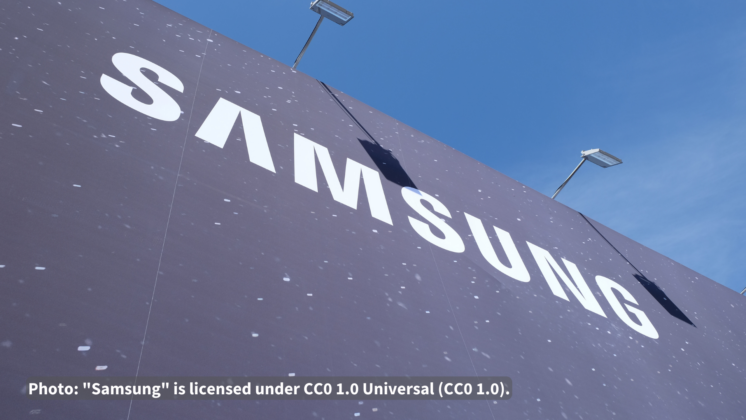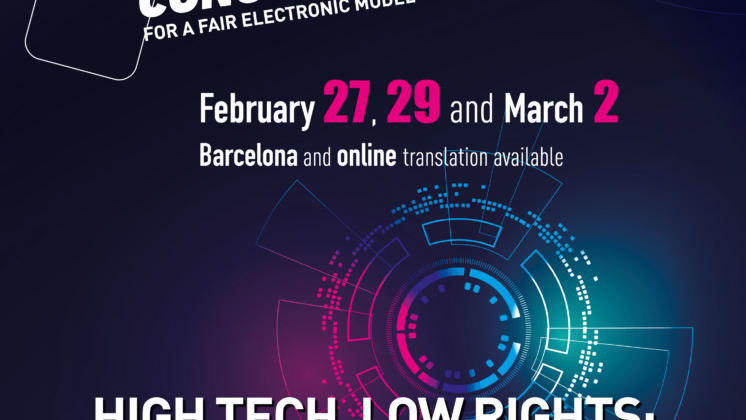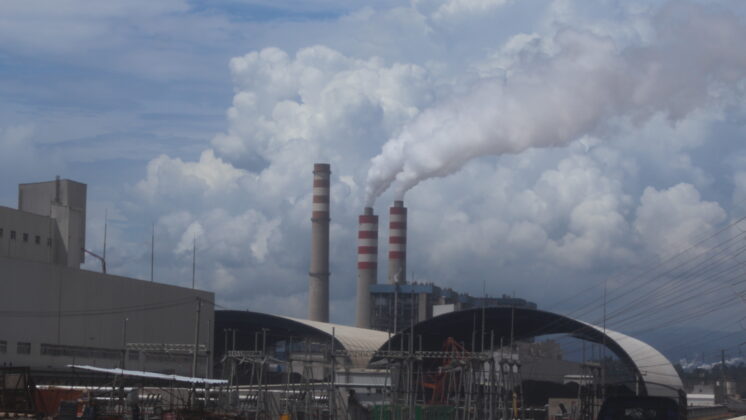A significant part of the minerals in our electronic devices, especially tin, tantalum and tungsten (3Ts), originate from the Eastern part of the Democratic Republic of DR Congo (DRC). The new makeITfair report - 'From Congo with [no] blood: Recent developments relating to the sourcing of conflict-free minerals from the Democratic Republic of Congo' - shows that electronic companies differ in their responsibility practices when it comes to securing human rights when sourcing minerals from the DRC. The report provides an overview of recent developments relating to the Congolese conflict mineral issue at different levels. The focus is on initiatives aiming to improve human rights and due diligence practices.
The Democratic Republic of Congo (DRC) is blessed with abundant natural resources. Several minerals used in electronic devices, especially tin, tantalum and tungsten (3Ts), can be found there in large quantities. However, rather than promoting societal development in the eastern DRC, the trade in these minerals has added fuel to the armed conflict that is the cause of much poverty and human rights violations, including indiscriminate killings, mass rapes, mutilations and forced child soldier recruitment by various armed groups and members of the Congolese military. In 2011, the Democratic Republic of Congo was the last of the 187 countries listed on the United Nations Development Programme’s (UNDP) Human Development Index. After a period of relatively positive developments, the human rights situation began to worsen in April 2012, following the rise of the rebel group M23, initially formed by a few hundred defectors from the Congolese army. By the end of November the M23 had managed to take over Goma, the capital of the mineral-rich North Kivu province and home to a million people, and to recruit thousands of combatants. Due to the negative effects of the trade in minerals on state-building and livelihoods in the DRC, various actors – ranging from the UN, OECD and EU to individual countries, industry initiatives and civil society – have in recent years required companies that source minerals from the country to adopt measures to ensure that their purchases do not promote conflict, human rights abuses and other crimes.
The Dodd-Frank bill passed in the United States in 2010 and the related regulations issued by the US Securities and Exchange Commission (SEC) in August 2012 demand that mineral-using companies listed in the US undertake a “reasonable country of origin inquiry” to determine whether the minerals in their supply chain originate in the DRC or adjoining country and if they do, exercise due diligence to find out if the minerals have directly or indirectly contributed to conflict. The said law also requires US-listed mining and oil companies to report on their activities on a country-by-country and project-by-project basis, which makes it harder to transfer profits illicitly through false accounting.
The EU accounting directive, which is to be finalised in early 2013, contains similar provisions. Widely endorsed guidelines issued by the OECD and UN also require companies to exercise human rights due diligence throughout their supply chains.
The purpose of the present report is to provide an overview of recent developments relating to the Congolese conflict mineral issue at different levels. The focus is on initiatives aiming to improve human rights and due diligence practices. Towards this end, a questionnaire was sent to 31 electronics companies whose products contain 3T minerals. 13 of them ultimately submitted a response. Based on these responses, it can be stated that a number of companies have taken active measures towards conflict-free supply of minerals from the DRC. While this, and recent legislative reforms in key jurisdictions, is an encouraging signal, a lot of considerable obstacles still remain. The fact that 18 companies decided not to contribute to this report, despite numerous reminders and requests, does not send a very encouraging signal of their commitment to responsible supply chain management.











